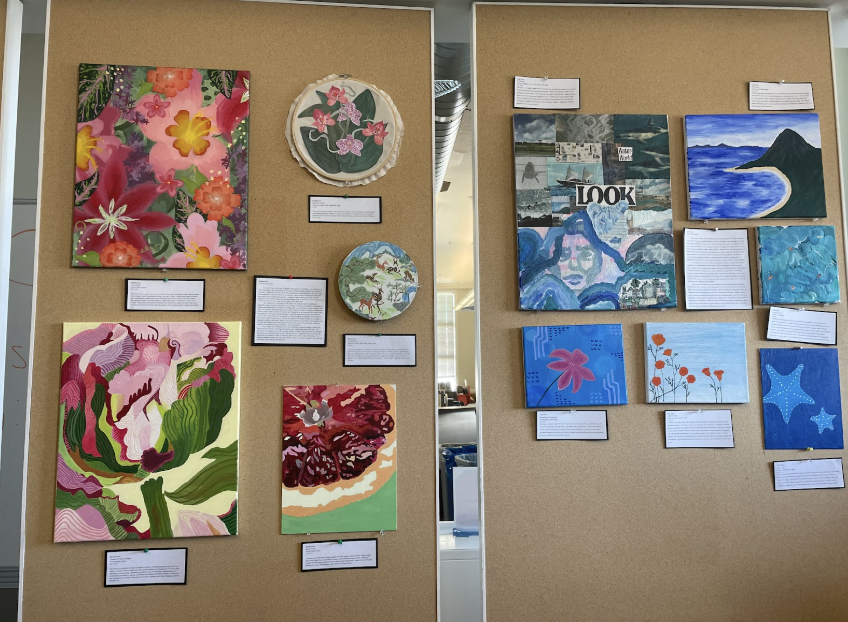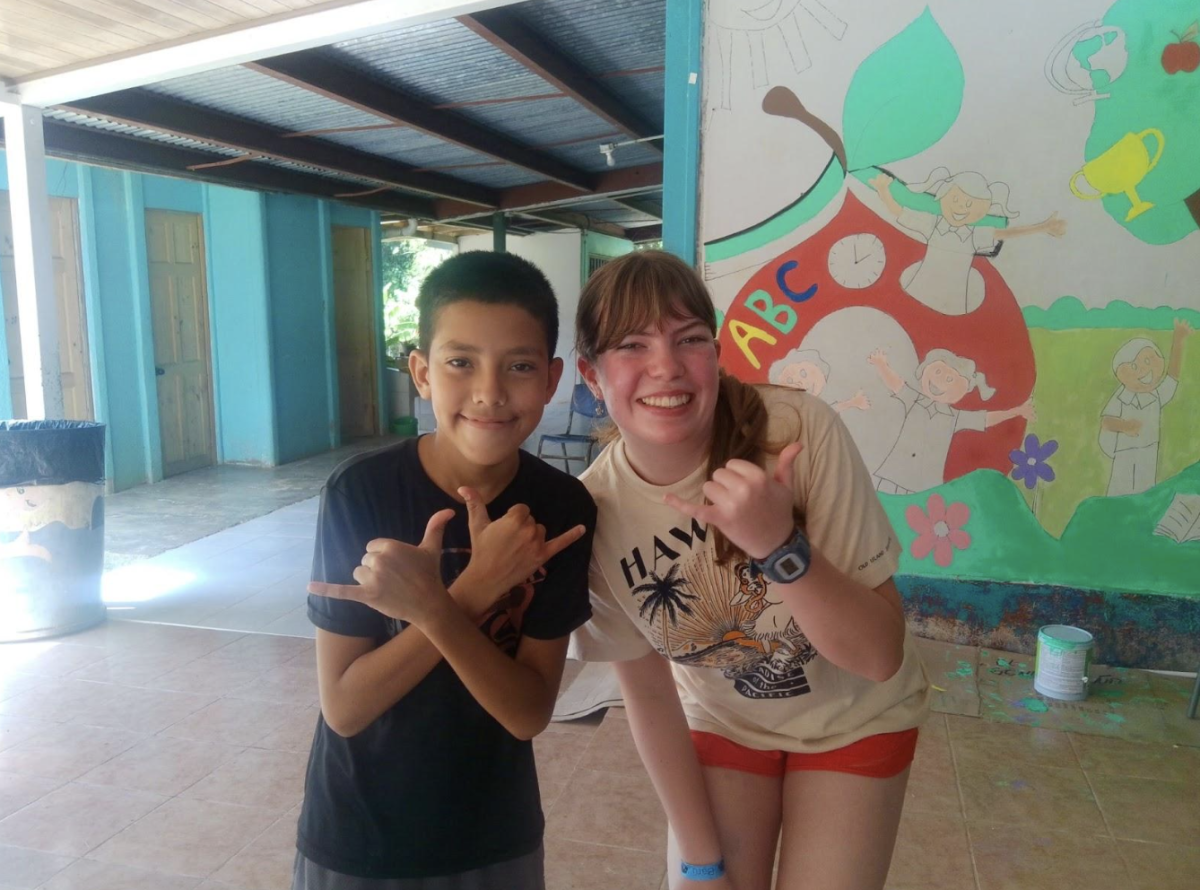Rebecca Siegel
Design Editor
When she first sat up in bed some mornings, she planned for the end. She would begin to get the affairs her 12 years on the earth warranted in order. When she stepped in front of the mirror, she compared herself to something she thought she could never achieve. She was battling depression.
A junior at a high school in Marin County, she was first diagnosed with clinical depression at the end of sixth grade. Seeming perpetually unenthused, her parents sent her to a therapist shortly before her 12th birthday.
“My parents were constantly fighting, like on the brink of divorce, and I resented [them] for making me go to a shrink,” the Marin County junior, who asked that her name not be used, said. “They were the reason I was so unhappy, so anything they had me do, I rebelled against.”
Teenagers are the most susceptible to being affected by an unhappy home life, at the transitional stage between childhood and adulthood, according to school counselor Annie Shawe.
“Teen depression is often caused by a lot of different events, but really dark episodes can be caused by just one bad situation, like a bad breakup or a bad home life,” Shawe said.
The Marin County junior was diagnosed by her psychiatrist with clinical depression says her parents were on the brink of divorce and she was surrounded by many abusive relationships when she was diagnosed. This combination, she says, sent her spiraling into a destructive stage of mental illness.
“In seventh grade I cut. Same with eighth grade,” the junior said as she showed some scars on her wrists. “I was so angry, especially at my family, and then sometimes at myself. I thought I should have been stronger.”
The stigma around depression is stronger than other diseases because people view depressives as being unattractive and unreliable, according to the British Medical Bulletin. This stigma is often what stops people asking for help.
During her freshman year, a current junior at a San Francisco Catholic high school, who also did not want her name to be used, lost her boyfriend to suicide. He was fifteen.
“Sometimes I think that if he had just told someone and asked for help, he’d still be around,” the San Francisco junior said.
The Marin County junior also concedes to the stigma, saying that her depression is not something she ever talks about with friends or even family. While awareness is being raised about teen depression and teen suicide with events like the Walk Out of the Darkness fundraiser on June 9–10, the Marin county junior feels little has been done to improve the negative stigma attached to depression.
“It’s not okay to not be okay,” the San Francisco junior said. “Now everyone is aware of depression, but it’s still not socially accepted to admit needing some help.”
Depression does not have to end in self destructive behaviors or suicide, according to Shawe. If a friend or relative is seriously depressed, the first thing to do is get them to talk.
“If you have to physically drive someone to a therapist, if you feel that they are so depressed they will be dangerous to themselves, you should,” Shawe said.
Depression is a highly treatable illness, according to the American Psychological Association. People who have depression and do not seek medical help suffer needlessly, the APA says on its website.
“I just felt really alone through that time,” the Marin county junior said. “Looking at back I realized how healthy it was for me to get help from a psychiatrist.”
Unexpressed concerns accompanied by feelings of isolation can worsen a depression, according to the APA. Psychotherapy can help pinpoint the life problems or events that led to their depression, identify negative or destructive thinking patterns, and help people regain a sense of control and pleasure in life.
“Professional medical help is always a good option for a friend who is depressed,” said Shawe.
Medication is another path for treating depression, particularly in cases of moderate to severe cases according to the APA. A good course of action for someone battling severe depression is often a combination of medication and psychotherapy, however the stigma attached to medication often stops teenagers from reaching out for this other resource.
“No one wants to say, ‘I’m on drugs for it,’” the San Francisco junior said. “Everyone judges you for being so unstable that you need to be medicated.”
Options for a friend who is battling depression include identifying the student to the school counselor as well as alerting friends to social service programs, hotlines, and outside medical help.
“The best thing anyone can do to help themselves or someone close to them who is struggling with this mental illness is to get them somewhere where they can talk to someone about it,” Shawe said.








